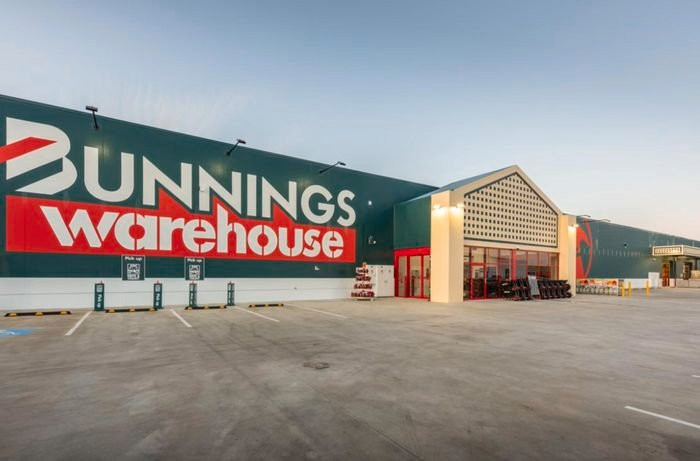Charter Hall Retail REIT Snaps Up Four Bunnings Stores for A$151 m to Bolster Net-lease Portfolio

Summary
- Australian property trust Charter Hall Retail REIT (ASX: CQR) has acquired four Bunnings hardware-store properties for A$151 million.
- The outlets are located in regional centres: Goulburn (NSW), Toowoomba, Airlie Beach and Cairns in Queensland.
- Lease terms extend up to ten years, with fixed annual rent reviews of between 2.5 % and 3 %.
- The properties have low site coverage on large land footprints, making them difficult to replicate and strategically attractive.
- On average the passing rents are assessed to be 15-20 % below market levels, offering upside potential.
- CQR has boosted its FY26 earnings guidance (to a minimum 26.4 c per unit) and lifted its distribution per unit guidance to 25.5 c (yield ~6.1 %).
- The move signals CQR's intent to further grow its net-lease convenience retail and hardware property portfolio amid favourable market fundamentals (population growth, supply constraints).
SYDNEY — Australian listed property trust Charter Hall Retail REIT saw an opportunity in the hardware sector and acted — acquiring four standalone Bunnings outlets for A$151 million in a deal that underlines its broader strategy to strengthen its net-lease convenience-retail platform.
The four properties, located in regional centres — Goulburn in New South Wales, and Toowoomba, Airlie Beach, and Cairns in Queensland — were secured under lease arrangements of up to ten years. These leases include fixed annual rent reviews in the range of 2.5 % to 3 %, giving CQR a solid yield base and predictable income stream.
CQR currently controls a large convenience-retail portfolio: 699 properties valued collectively at A$2.9 billion within its broader A$4.8 billion convenience retail platform. The acquisition of these Bunnings outlets extends its net-lease position into the hardware sector, which CEO Ben Ellis described as complementary to the group's existing retail strategy.
From a site-selection perspective, the Bunnings stores tick several strategic boxes: each is located in a well-established regional market, sits on a large land footprint with low site coverage (making replication difficult), and — critically — the current passing rents have been assessed, on average, at 15-20 % below market levels. That rent gap gives CQR scope for future rental upside.
For the year ending FY26, CQR has lifted its earnings per unit guidance from 26.3 c to no less than 26.4 c and raised its distribution per unit guidance to 25.5 c — equating to a yield of approximately 6.1 %. The trust cited continued resilience in consumer spending within its convenience-retail portfolio, with occupancy, leasing spreads, turnover and foot-traffic all performing strongly — some of "the strongest operating statistics in its history," according to Chairman Roger Davis.
The broader backdrop for this move is favourable. Davis pointed to strong population growth, a growing urban footprint in Australia, and a multi-decade low forecast supply of convenience-retail assets. Coupled with rising demand from investors for net-lease retail assets, CQR believes it is well positioned for sustained, above-average capital growth in the sector.
In summary, the A$151 million Bunnings acquisition is more than just another property add-on for CQR. It represents a strategic deepening of its net-lease convenience-retail footprint, an entry into hardware-anchored retail that complements its core business, and a near-term lift to earnings and distributions. For investors, the deal underscores CQR's confidence in the defensive qualities of its portfolio — and its bullish view on the structural drivers of regional retail property in Australia.
© Copyright 2025 IBTimes AU. All rights reserved.





















